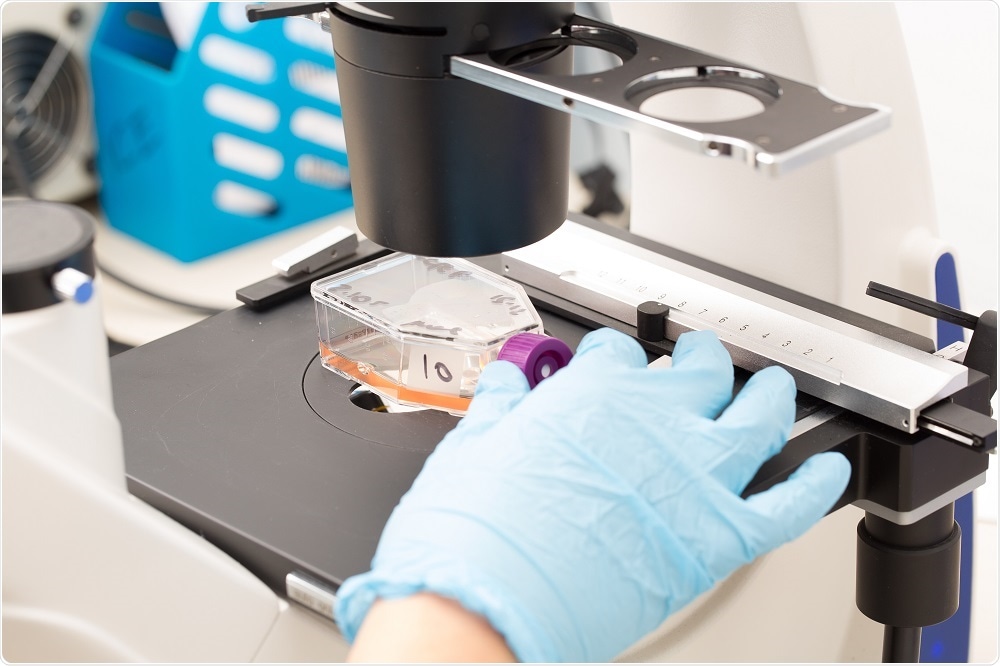Researchers from the Mount Sinai School of Medicine have identified a potential new target for the treatment of a particularly aggressive form of bladder cancer.
 Image Credit: sruilk / Shutterstock
Image Credit: sruilk / Shutterstock
MicroRNAs are small non-coding pieces of genetic material that are involved in the regulation of gene expression.
The research team found two microRNA activity-based biomarkers that can help indicate which patients may have a better rather than worse patient prognosis.
P53-like bladder cancer, which is caused by alterations in the p53 gene, is generally associated with a particularly aggressive disease course, although patient prognosis can vary significantly between individuals.
For the study, Eunjee Lee and colleagues applied a computational method to bladder cancer genomic data included in The Cancer Genomic Atlas.
As reported in the journal Oncogene, they found two microRNA biomarkers that could accurately predict the prognosis of patients with p53-like bladder cancer.
Lee thinks microRNAs represent promising biomarkers and therapeutics and he hopes the team’s method can have a broader impact on selecting the best microRNAs for biomarker and therapeutic development.
Our computational methods not only provided us with deeper insights into the cellular mechanisms underlying this elusive type of bladder cancer, but also reveal the potential of microRNAs as therapeutic targets in treating this type of bladder cancer.”
Jun Zhu, Professor of Genetics
Precision medicine expert Adam Margolin referred to the study as an elegant collaboration across multiple departments and disciplines that was designed to provide better patient outcomes, which is what precision medicine is all about:
Expertise in genomics, data science, oncology and pathology working together from the lab to the bedside is what makes these discoveries not only happen, but happen quickly, with the opportunity to deliver better outcomes to our patients immediately."
Adam Margolin
The team says the application of advanced computational methods to genomic data will provide clinicians with insights that will enable them to establish exactly which treatment options will be best suited to patients with specific types of cancer.
Source:
https://www.eurekalert.org/pub_releases/2018-07/tmsh-don062918.php